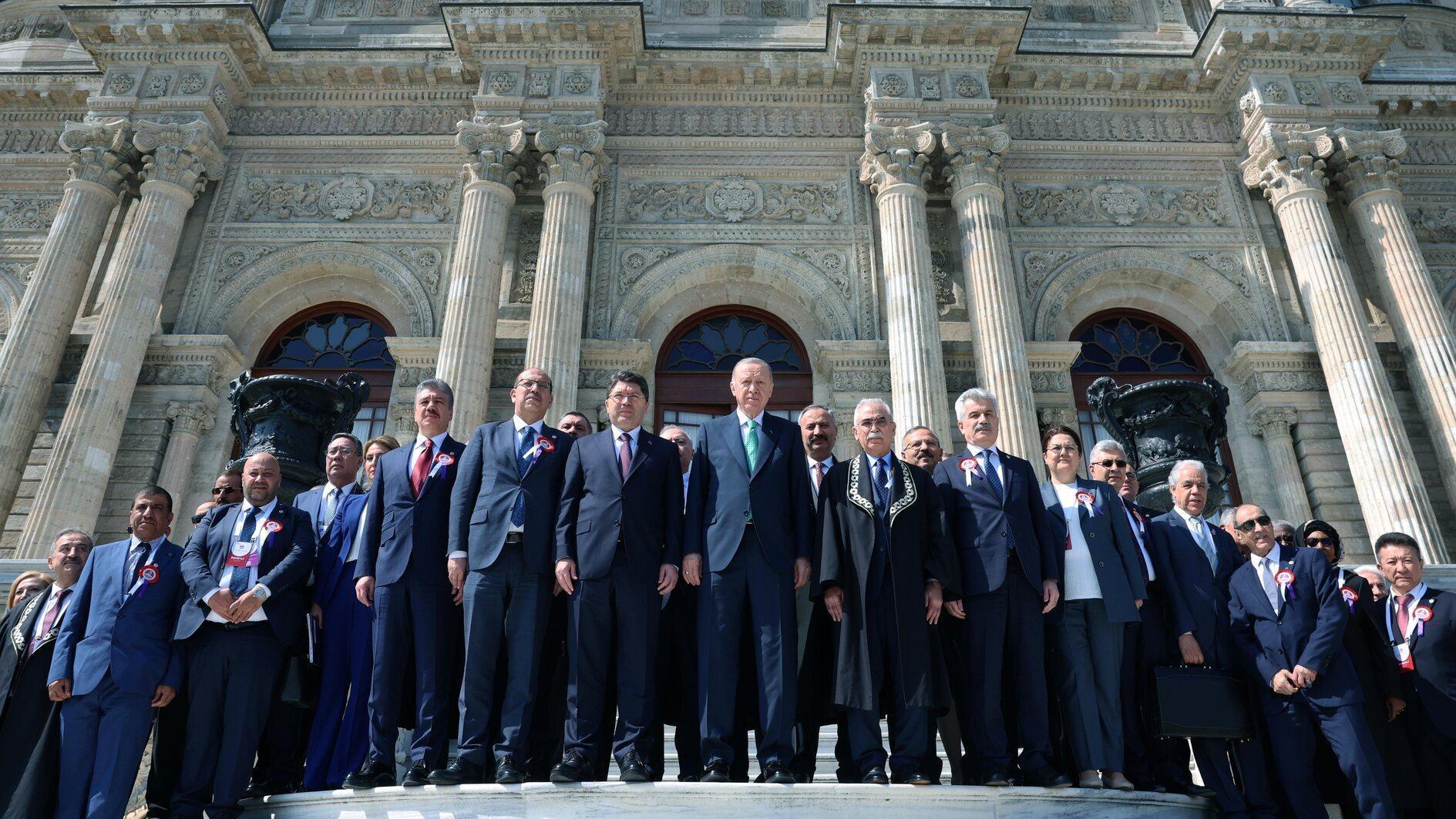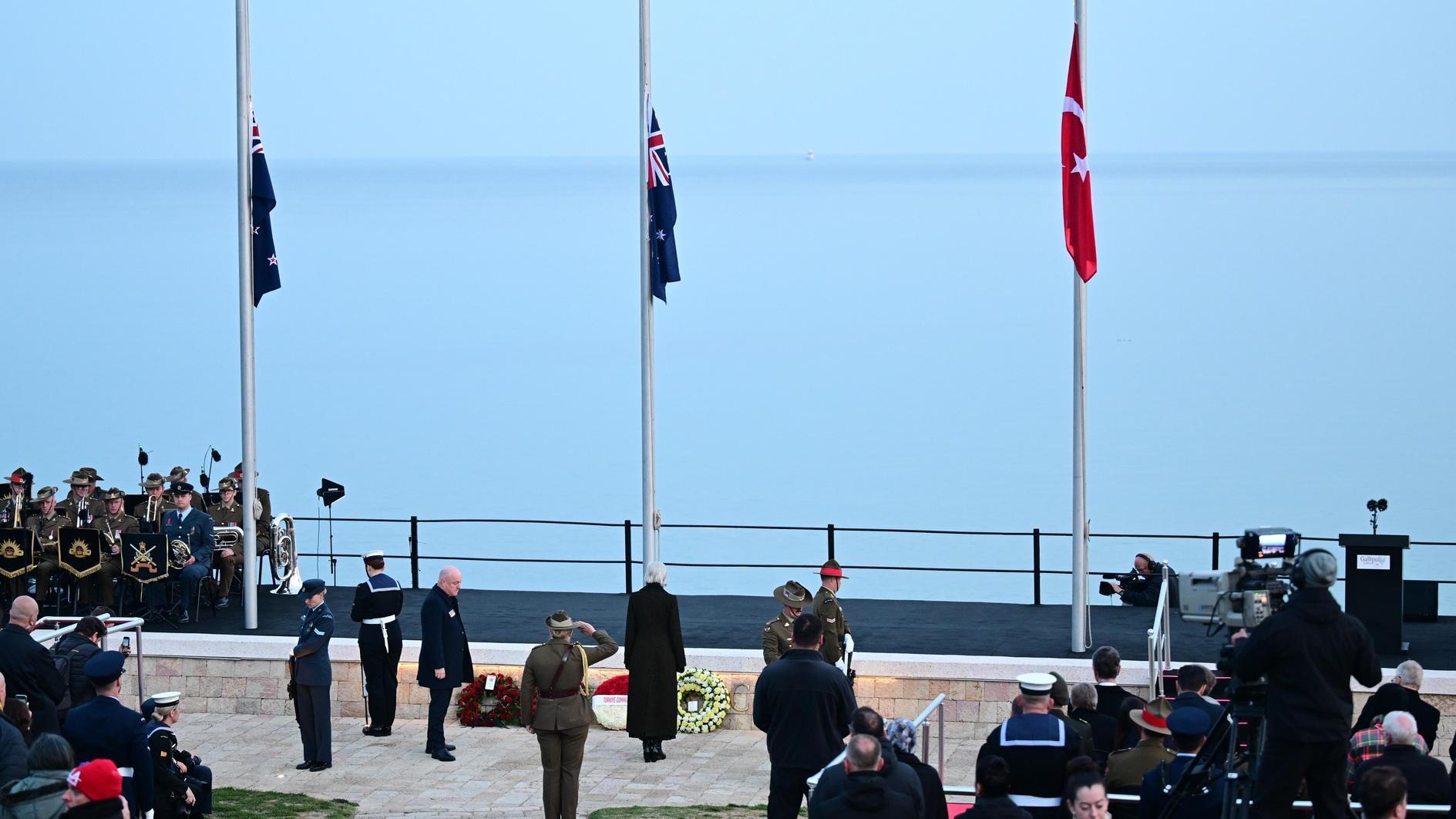The legacy of Abdulhamid II
İsmail Kahraman, the Justice and Development Party (AKP) member and Parliament Speaker, recently stated that “the Sultan Abdulhamid II period is a mariner’s compass to give us direction and enlighten our future.” He was speaking on the occasion of the Symposium for the Commemoration of the Birth of Abdulhamid II last week.
The sultan, who ruled from 1876 to 1909, has long been a subject of controversy between secular republicans and the conservatives and Islamists. The former group views him as “a reactionary, pan-Islamist sultan who suppressed Young Turk opposition in the late 19th and early 20th centuries,” while the latter group adores him as the champion of the Muslim world and the last defender of the Ottoman Empire who was deposed by the Young Turks.
Although left-wing historiography developed a more mature view of the sultan and characterized him as both a modernizer and an autocrat, right-wing historiography has never ceased to view him as a symbol of Ottomanism and pan-Islamism – and also as a central figure in a conspiracy theory.
According to the conservatives and Islamists, the second constitutional revolution and the republican regime were plots staged by Freemasons, world Jewry, the English and their pawns against the mission of Abdulhamid II. Books, articles, political pamphlets and political references to the sultan have long been tools to challenge republicanism, secularism and modernity in Turkey.
It is therefore not surprising to see an Islamist politician once again referring to Abdulhamid and his period as a guide. But it is worrying to see the conservatives/Islamists trying to rule Turkey with reference to a conspiracy theory. Especially since Turkey’s relations with the West started to deteriorate, AKP politicians and supporters have become not only increasingly critical of the Western world (sometimes for good reason), but also more open about their views on the values of modernity as tools of a “Western plot.”
There would be nothing wrong with challenging Western modernity and proposing alternatives that promise more freedom and welfare for our society. Alas, all those who today challenge the values of modernity as “Western specific” and claim to prioritize specific cultural alternatives only end up with varieties of authoritarianism. Turkey is not exceptional; it is simply another typical example of the neo-authoritarian populist surge all over the world. The discourses of these rising neo-authoritarian regimes are all based on historiographies that are little more than old-fashioned conspiracy theorizing. They are all resentful of post-industrial society and globalism, trying to compensate for present failures of governance with historical glories. Worse, they have no clue about how to forge a better future.
Most recently, our rulers have decided that the recent Moody’s downgrading of Turkey’s credit rating to “junk” was “biased and far from reality.” They are only one step from calling it a kind of plot against Turkey.
Maybe it is true that global power centers are biased against Turkey, as the ruling party increasingly claims the legacy of Abdulhamid II. But the global system is based on capitalist/democratic conventions, and those who want to challenge it altogether are free to go it alone. The basic problem in today’s Turkey is whether our rulers have decided to go it alone.
In fact, despite the fact that he was portrayed – especially in Britain - as the devil incarnate at the time, Abdulhamid himself was actually a kind of “enlightened despot” who facilitated the modernization of the empire and never considered going it alone. His foreign policy was not only shaped by pan-Islamism. It was also based on manipulating Western politics and powers as much as possible, and he managed to sustain a kind of balance for 33 years by avoiding major crises with Western powers.











